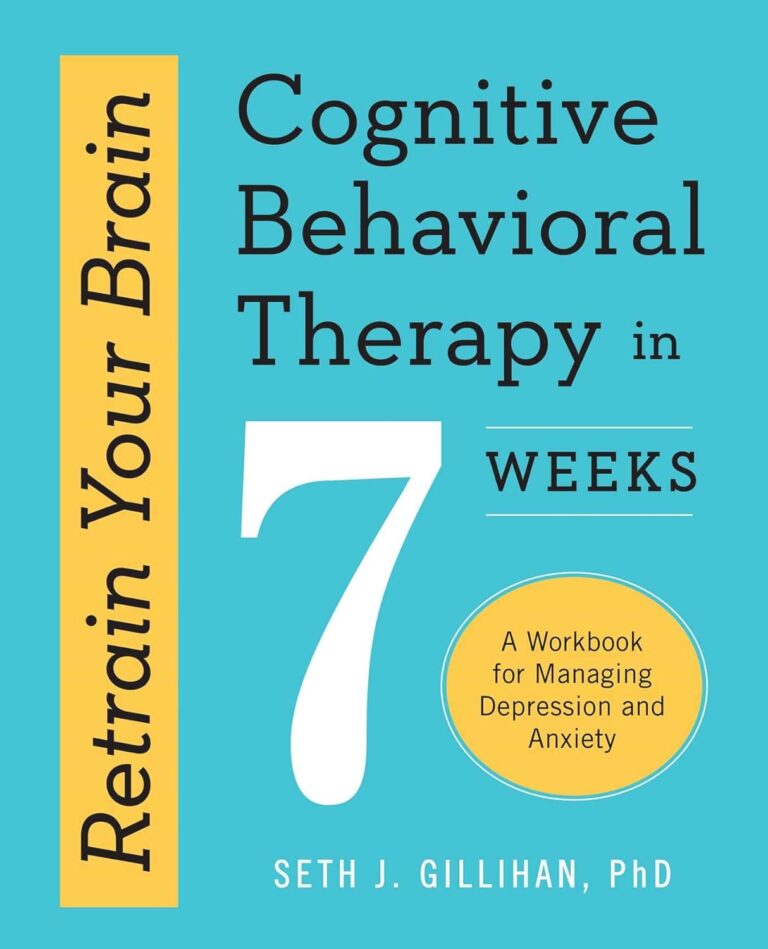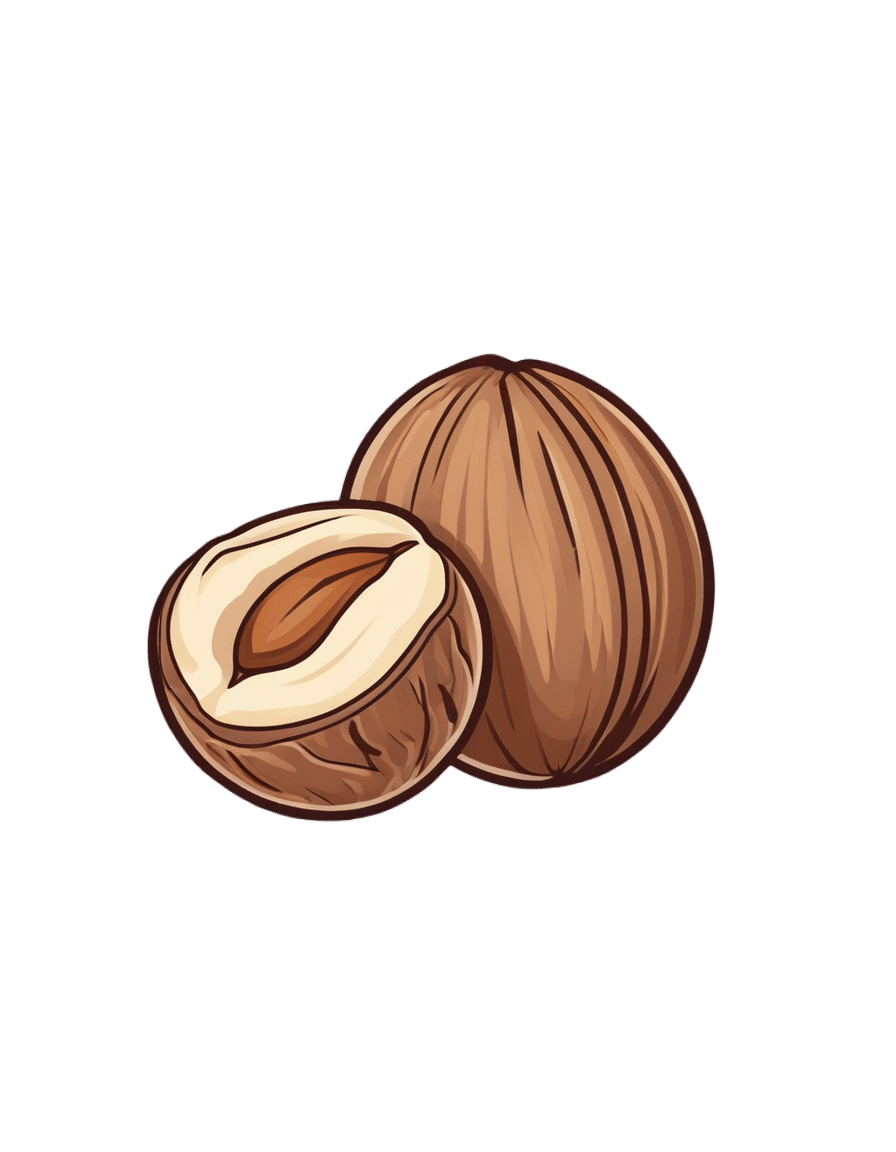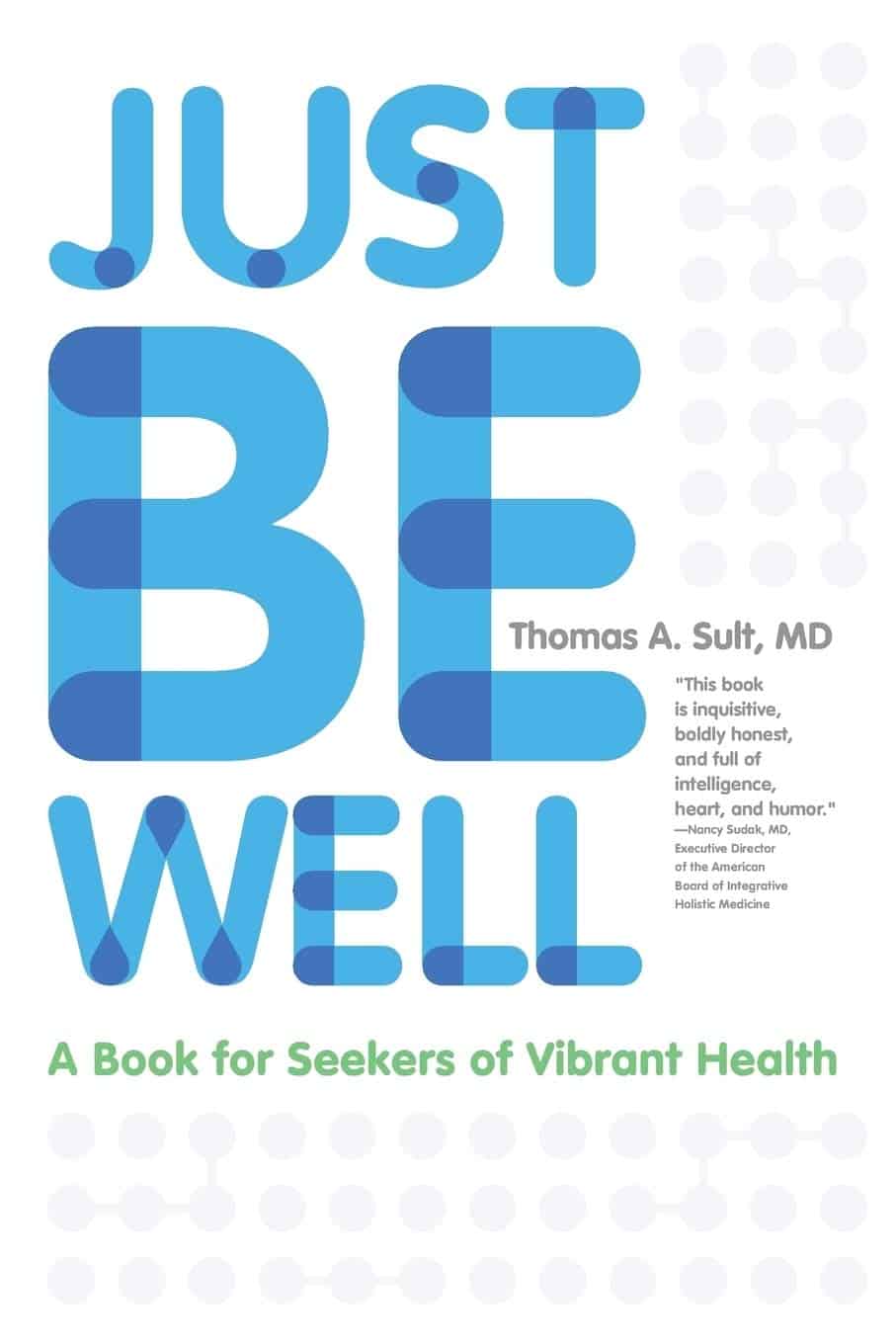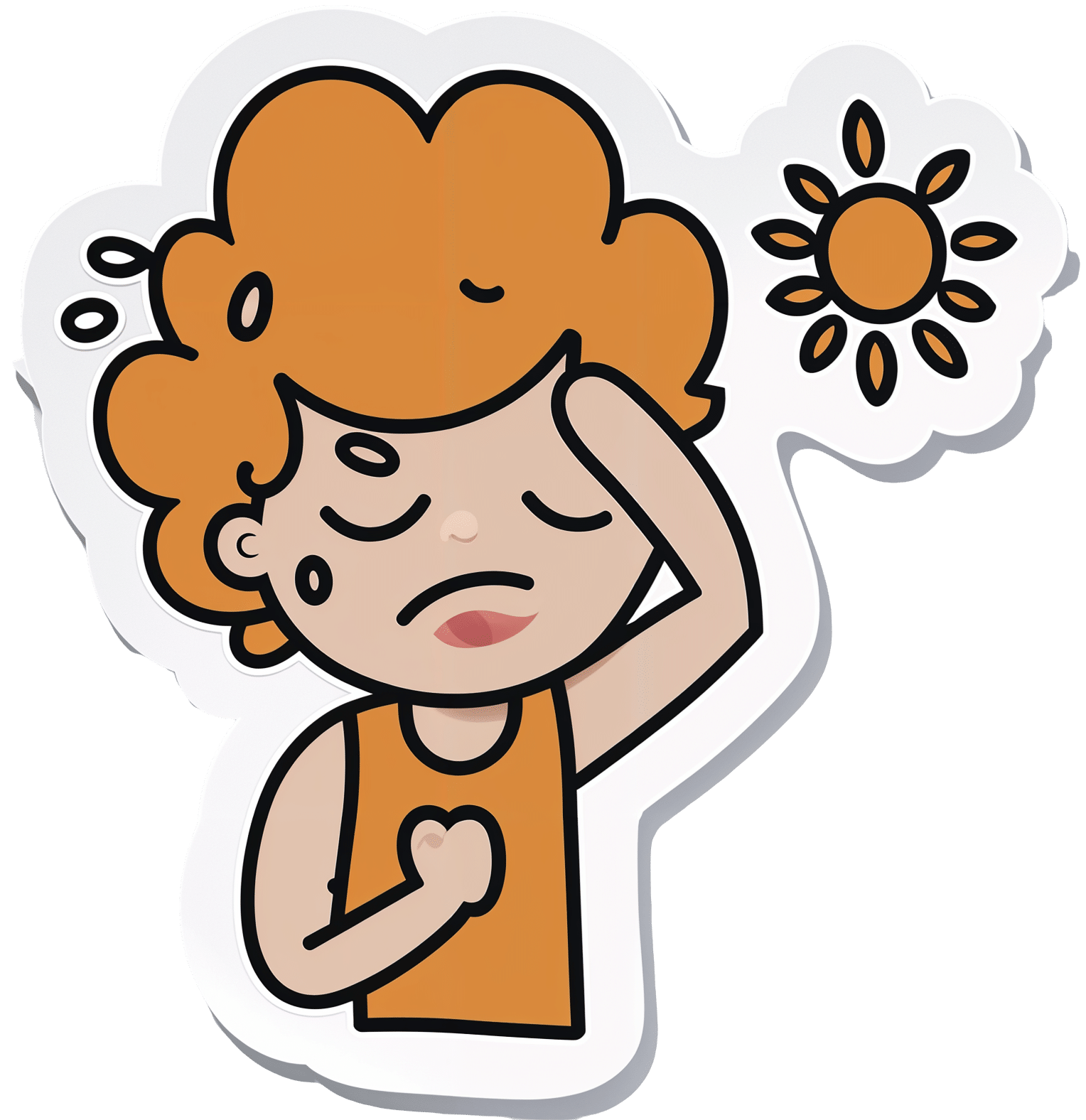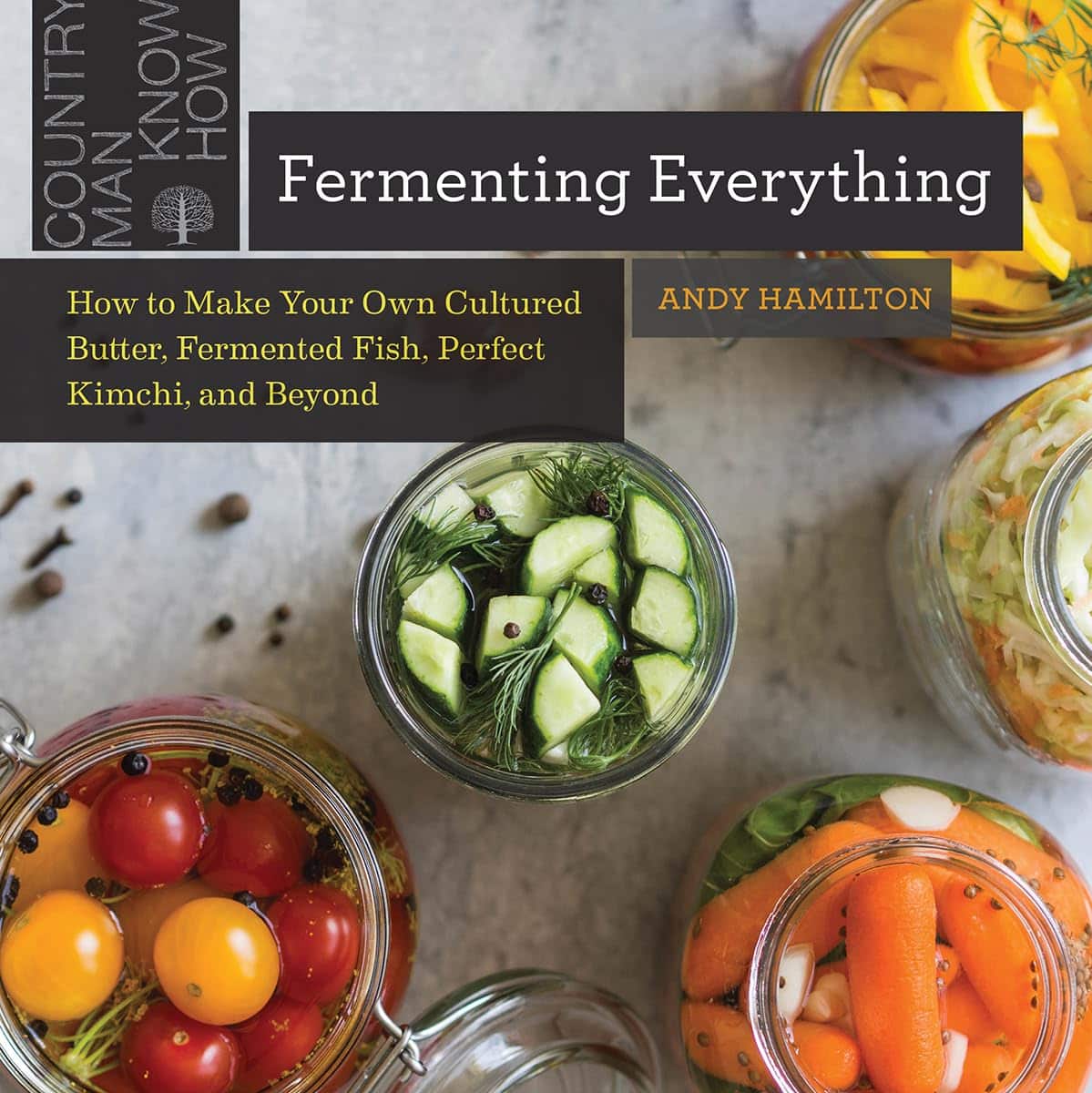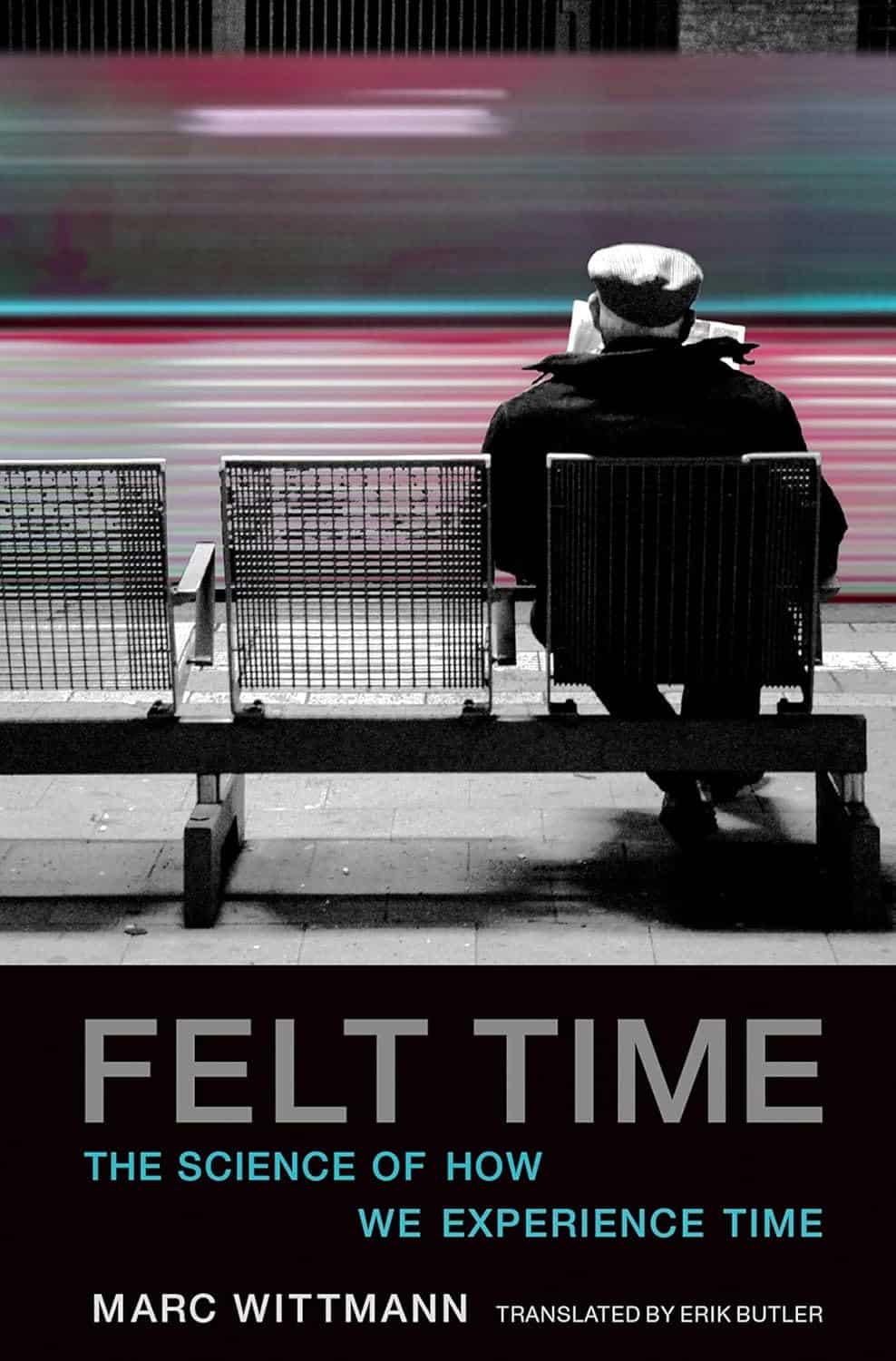
Felt Time – by Dr. Marc Wittmann
10almonds is reader-supported. We may, at no cost to you, receive a portion of sales if you purchase a product through a link in this article.
This book goes far beyond the obvious “time flies when you’re having fun / passes slowly when bored”, or “time seems quicker as we get older”. It does address those topics too, but even in doing so, unravels deeper intricacies within.
The author, a research psychologist, includes plenty of reference to actual hard science here, and even beyond subjective self-reports. For example, you know how time seems to slow down upon immediate apparent threat of violent death (e.g. while crashing, while falling, or other more “violent human” options)? We learn of an experiment conducted in an amusement park, where during a fear-inducing (but actually safe) plummet, subjective time slows down yes, but measures of objective perception and cognition remained the same. So much for adrenal superpowers when it comes to the brain!
We also learn about what we can change, to change our perception of time—in either direction, which is a neat collection of tricks to know.
The style is on the dryer end of pop-sci; we suspect that being translated from German didn’t help its levity. That said, it’s not scientifically dense either (i.e. not a lot of jargon), though it does have many references (which we like to see).
Bottom line: if you’ve ever wished time could go more quickly or more slowly, this book can help with that.
Don’t Forget…
Did you arrive here from our newsletter? Don’t forget to return to the email to continue learning!
Recommended
Learn to Age Gracefully
Join the 98k+ American women taking control of their health & aging with our 100% free (and fun!) daily emails:
-
Why You Should Diversify Your Nuts!
10almonds is reader-supported. We may, at no cost to you, receive a portion of sales if you purchase a product through a link in this article.
Time to go nuts for nuts!
Nuts, in popular perception, range from “basically the healthiest food anyone can eat” to “basically high calorie salty snacks”. And, they can be either!
Some notes, then:
- Raw is generally better that not
- Dry roasted is generally better than the kind with added oils
- Added salt is neither necessary nor good
Quick tip: if “roasted salted” are the cheapest or most convenient to buy, you can at least mitigate that by soaking them in warm water for 5 minutes, before rinsing and (if you don’t want wet nuts) drying.
You may be wondering: who does want wet nuts? And the answer is, if for example you’re making a delicious cashew and chickpea balti, the fact you didn’t dry them before throwing them in won’t make a difference.
Now, let’s do a quick run-down; we don’t usually do “listicles” but it seemed a good format here, so we’ve picked a top 5 for nutritional potency:
Almonds
We may have a bias. We accept it. But almonds are also one of the healthiest nuts around, and generally considered by most popular metrics the healthiest.
Not only are they high in protein, healthy fat, fiber, vitamins, and minerals, but they’re even a natural prebiotic that increases the populations of healthy gut bacteria, while simultaneously keeping down the populations of gut pathogens—what more can we ask of a nut?
Read more: Prebiotic effects of almonds and almond skins on intestinal microbiota in healthy adult humans
Pistachios
Not only are these super tasty and fun to eat (and mindful eating is all but guaranteed, as shelling them by hand slows us down and makes us more likely to eat them one at a time rather than by the handful), but also they contain lots of nutrients and are lower in calories than most nuts, so they’re a great option for anyone who’d like to eat more nuts but is doing a calorie-controlled diet and doesn’t want to have half a day’s calories in a tiny dish of nuts.
Walnuts
Popularly associated with brain health (perhaps easy to remember because of their appearance), they really are good for the brain:
Check it out: Beneficial Effects of Walnuts on Cognition and Brain Health
Cashews
A personal favorite of this writer for their versatility in cooking, food prep, or just as a snack, they also do wonders for metabolic health:
Brazil nuts
The most exciting thing about these nuts is that they’re an incredibly potent source of selenium, which is important not just for hair/skin/nails as popularly marketed, but also for thyroid hormone production and DNA synthesis.
But don’t eat too many, because selenium is definitely one of those “you can have too much of a good thing” nutrients, and selenium poisoning can make your hair (however beautiful and shiny it got because of the selenium) fall out if you take too much.
Know the numbers: Brazil nuts and selenium—health benefits and risks
Bottom line on nuts:
- Nuts are a great and healthful part of almost anyone’s diet
- Obviously, if you have a nut allergy, then we’re sorry; this one won’t have helped you so much
- Almonds are one of the most healthful nuts out there
- Brazil nuts are incredibly potent, to the point where moderation is recommended
- A handful of mixed nuts per day is a very respectable option—when it comes to food and health, diversity is almost always good!
Share This Post
-
Who you are and where you live shouldn’t determine your ability to survive cancer
10almonds is reader-supported. We may, at no cost to you, receive a portion of sales if you purchase a product through a link in this article.
In Canada, nearly everyone has a cancer story to share. It affects one in every two people, and despite improvements in cancer survivorship, one out of every four people affected by cancer still will die from it.
As a scientist dedicated to cancer care, I work directly with patients to reimagine a system that was never designed for them in the first place – a system in which your quality of care depends on social drivers like your appearance, your bank statements and your postal code.
We know that poverty, poor nutrition, housing instability and limited access to education and employment can contribute to both the development and progression of cancer. Quality nutrition and regular exercise reduce cancer risk but are contingent on affordable food options and the ability to stay active in safe, walkable neighbourhoods. Environmental hazards like air pollution and toxic waste elevate the risk of specific cancers, but are contingent on the built environment, laws safeguarding workers and the availability of affordable housing.
On a health-system level, we face implicit biases among care providers, a lack of health workforce competence in addressing the social determinants of health, and services that do not cater to the needs of marginalized individuals.
Indigenous peoples, racialized communities, those with low income and gender diverse individuals face the most discrimination in health care, resulting in inadequate experiences, missed diagnosis and avoidance of care. One patient living in subsidized housing told me, “You get treated like a piece of garbage – you come out and feel twice as bad.”
As Canadians, we benefit from a taxpayer funded health-care system that encompasses cancer care services. The average Canadian enjoys a life expectancy of more than 80 years and Canada boasts high cancer survival rates. While we have made incredible strides in cancer care, we must work together to ensure these benefits are equally shared amongst all people in Canada. We need to redesign systems of care so that they are:
- Anti-oppressive. We must begin by understanding and responding to historical and systemic racism that shapes cancer risk, access to care and quality of life for individuals facing marginalizing conditions. Without tackling the root causes, we will never be able to fully close the cancer care gap. This commitment involves undoing intergenerational trauma and harm through public policies that elevate the living and working conditions of all people.
- Patient-centric. We need to prioritize patient needs, preferences and values in all aspects of their health-care experience. This means tailoring treatments and services to individual patient needs. In policymaking, it involves creating policies that are informed by and responsive to the real-life experiences of patients. In research, it involves engaging patients in the research process and ensuring studies are relevant to and respectful of their unique perspectives and needs. This holistic approach ensures that patients’ perspectives are central to all aspects of health care.
- Socially just. We must strive for a society in which everyone has equal access to resources, opportunities and rights, and systemic inequalities and injustices are actively challenged and addressed. When redesigning the cancer care system, this involves proactive practices that create opportunities for all people, particularly those experiencing the most marginalization, to become involved in systemic health-care decision-making. A system that is responsive to the needs of the most marginalized will ultimately work better for all people.
Who you are, how you look, where you live and how much money you make should never be the difference between life and death. Let us commit to a future in which all people have the resources and support to prevent and treat cancer so that no one is left behind.
This article is republished from HealthyDebate under a Creative Commons license. Read the original article.
Share This Post
-
You can thaw and refreeze meat: five food safety myths busted
10almonds is reader-supported. We may, at no cost to you, receive a portion of sales if you purchase a product through a link in this article.
This time of year, most fridges are stocked up with food and drinks to share with family and friends. Let’s not make ourselves and our guests sick by getting things wrong when preparing and serving food.
As the weather warms up, so does the environment for micro-organisms in foods, potentially allowing them to multiply faster to hazardous levels. So put the drinks on ice and keep the fridge for the food.
But what are some of those food safety myths we’ve long come to believe that aren’t actually true?
Myth 1: if you’ve defrosted frozen meat or chicken you can’t refreeze it
From a safety point of view, it is fine to refreeze defrosted meat or chicken or any frozen food as long as it was defrosted in a fridge running at 5°C or below. Some quality may be lost by defrosting then refreezing foods as the cells break down a little and the food can become slightly watery.
Another option is to cook the defrosted food and then divide into small portions and refreeze once it has stopped steaming. Steam in a closed container leads to condensation, which can result in pools of water forming. This, combined with the nutrients in the food, creates the perfect environment for microbial growth. So it’s always best to wait about 30 minutes before refrigerating or freezing hot food.
Plan ahead so food can be defrosted in the fridge, especially with large items such as a frozen turkey or roll of meat. If left on the bench, the external surface could be at room temperature and micro-organisms could be growing rapidly while the centre of the piece is still frozen!
Myth 2: Wash meat before you prepare and/or cook it
It is not a good idea to wash meats and poultry when preparing for cooking. Splashing water that might contain potentially hazardous bacteria around the kitchen can create more of a hazard if those bacteria are splashed onto ready-to-eat foods or food preparation surfaces.
It is, however, a good idea to wash fruits and vegetables before preparing and serving, especially if they’re grown near or in the ground as they may carry some dirt and therefore micro-organisms.
This applies particularly to foods that will be prepared and eaten without further cooking. Consuming foods raw that traditionally have been eaten cooked or otherwise processed to kill pathogenic micro-organisms (potentially deadly to humans) might increase the risk of food poisoning.
Fruit, salad, vegetables and other ready-to-eat foods should be prepared separately, away from raw meat, chicken, seafood and other foods that need cooking.
Myth 3: Hot food should be left out to cool completely before putting it in the fridge
It’s not OK to leave perishable food out for an extended time or overnight before putting it in the fridge.
Micro-organisms can grow rapidly in food at temperatures between 5° and 60°C. Temperature control is the simplest and most effective way of controlling the growth of bacteria. Perishable food should spend as little time as possible in the 5-60°C danger zone. If food is left in the danger zone, be aware it is potentially unsafe to eat.
Hot leftovers, and any other leftovers for that matter, should go into the fridge once they have stopped steaming to reduce condensation, within about 30 minutes.
Large portions of hot food will cool faster if broken down into smaller amounts in shallow containers. It is possible that hot food such as stews or soup left in a bulky container, say a two-litre mixing bowl (versus a shallow tray), in the fridge can take nearly 24 hours to cool to the safe zone of less than 5°C.
Myth 4: If it smells OK, then it’s OK to eat
This is definitely not always true. Spoilage bacteria, yeasts and moulds are the usual culprits for making food smell off or go slimy and these may not make you sick, although it is always advisable not to consume spoiled food.
Pathogenic bacteria can grow in food and not cause any obvious changes to the food, so the best option is to inhibit pathogen growth by refrigerating foods.
Myth 5: Oil preserves food so it can be left at room temperature
Adding oil to foods will not necessarily kill bugs lurking in your food. The opposite is true for many products in oil if anaerobic micro-organisms, such as Clostridium botulinum (botulism), are present in the food. A lack of oxygen provides perfect conditions for their growth.
Outbreaks of botulism arising from consumption of vegetables in oil – including garlic, olives, mushrooms, beans and hot peppers – have mostly been attributed to the products not being properly prepared.
Vegetables in oil can be made safely. In 1991, Australian regulations stipulated that this class of product (vegetables in oil) can be safely made if the pH (a measure of acid) is less than 4.6. Foods with a pH below 4.6 do not in general support the growth of food-poisoning bacteria including botulism.
So keep food out of the danger zone to reduce your guests’ risk of getting food poisoning this summer. Check out other food safety tips and resources from CSIRO and the Food Safety Information Council, including testing your food safety knowledge.
Cathy Moir, Team leader, Microbial and chemical sciences, Food microbiologist and food safety specialist, CSIRO
This article is republished from The Conversation under a Creative Commons license. Read the original article.
Share This Post
Related Posts
-
Just Be Well – by Dr. Thomas Sult
10almonds is reader-supported. We may, at no cost to you, receive a portion of sales if you purchase a product through a link in this article.
Firstly, what this is not: a “think yourself well” book. It’s not about just deciding to be well.
Rather, it’s about ensuring the foundations of wellness, from which the rest of good health can spring, and notably, an absence of chronic illness. In essence: enjoying chronic good health.
The prescription here is functional medicine, which stands on the shoulders of lifestyle medicine. This latter is thus briefly covered and the basics presented, but most of the book is about identifying the root causes of disease and eliminating them one by one, by taking into account the functions of the body’s processes, both in terms of pathogenesis (and thus, seeking to undermine that) and in terms of correct functioning (i.e., good health).
While the main focus of the book is on health rather than disease, he does cover a number of very common chronic illnesses, and how even in those cases where they cannot yet be outright cured, there’s a lot more that can be done for them than “take two of these and call your insurance company in the morning”, when the goal is less about management of symptoms (though that is also covered) and more about undercutting causes, and ensuring that even if one thing goes wrong, it doesn’t bring the entire rest of the system down with it (something that often happens without functional medicine).
The style is clear, simple, and written for the layperson without unduly dumbing things down.
Bottom line: if you would like glowingly good health regardless of any potential setbacks, this book can help your body do what it needs to for you.
Don’t Forget…
Did you arrive here from our newsletter? Don’t forget to return to the email to continue learning!
Learn to Age Gracefully
Join the 98k+ American women taking control of their health & aging with our 100% free (and fun!) daily emails:
-
Sun, Sea, And Sudden Killers To Avoid
10almonds is reader-supported. We may, at no cost to you, receive a portion of sales if you purchase a product through a link in this article.
Stay Safe From Heat Exhaustion & Heatstroke!
For most of us, summer is upon us now. Which can be lovely… and also bring new, different health risks. Today we’re going to talk about heat exhaustion and heatstroke.
What’s the difference?
Heat exhaustion is a milder form of heatstroke, but the former can turn into the latter very quickly if left untreated.
Symptoms of heat exhaustion include:
- Headache
- Nausea
- Cold sweats
- Light-headedness
Symptoms of heatstroke include the above and also:
- Red/flushed-looking skin
- High body temperature (104ºF / 40ºC)
- Disorientation/confusion
- Accelerated heart rate
Click here for a handy downloadable infographic you can keep on your phone
What should we do about it?
In the case of heatstroke, call 911 or the equivalent emergency number for the country where you are.
Hopefully we can avoid it getting that far, though:
Prevention first
Here are some top tips to avoid heat exhaustion and thus also avoid heatstroke. Many are common sense, but it’s easy to forget things—especially in the moment, on a hot sunny day!
- Hydrate, hydrate, hydrate
- (Non-sugary) iced teas, fruit infusions, that sort of thing are more hydrating than water alone
- Avoid alcohol
- If you really want to imbibe, rehydrate between each alcoholic drink
- Time your exercise with the heat in mind
- In other words, make any exercise session early or late in the day, not during the hottest period
- Use sunscreen
- This isn’t just for skin health (though it is important for that); it will also help keep you cooler, as it blocks the UV rays that literally cook your cells
- Keep your environment cool
- Shade is good, air conditioning / cooling fans can help.
- A wide-brimmed hat is portable shade just for you
- Wear loose, breathable clothing
- We write about health, not fashion, but: light breathable clothes that cover more of your body are generally better healthwise in this context, than minimal clothes that don’t, if you’re in the sun.
- Be aware of any medications you’re taking that will increase your sensitivity to heat.
- This includes medications that are dehydrating, and includes most anti-depressants, many anti-nausea medications, some anti-allergy medications, and more.
- Check your labels/leaflets, look up your meds online, or ask your pharmacist.
Treatment
If prevention fails, treatment is next. Again, in the case of heatstroke, it’s time for an ambulance.
If symptoms are “only” of heat exhaustion and are more mild, then:
- Move to a cooler location
- Rehydrate again
- Remove clothing that’s confining or too thick
- What does confining mean? Clothing that’s tight and may interfere with the body’s ability to lose heat.
- For example, you might want to lose your sports bra, but there is no need to lose a bikini, for instance.
- What does confining mean? Clothing that’s tight and may interfere with the body’s ability to lose heat.
- Use ice packs or towels soaked in cold water, applied to your body, especially wear circulation is easiest to affect, e.g. forehead, wrists, back of neck, under the arms, or groin.
- A cool bath or shower, or a dip in the pool may help cool you down, but only do this if there’s someone else around and you’re not too dizzy.
- This isn’t a good moment to go in the sea, no matter how refreshing it would be. You do not want to avoid heatstroke by drowning instead.
If full recovery doesn’t occur within a couple of hours, seek medical help.
Stay safe and have fun!
Don’t Forget…
Did you arrive here from our newsletter? Don’t forget to return to the email to continue learning!
Learn to Age Gracefully
Join the 98k+ American women taking control of their health & aging with our 100% free (and fun!) daily emails:
-
Fermenting Everything – by Andy Hamilton
10almonds is reader-supported. We may, at no cost to you, receive a portion of sales if you purchase a product through a link in this article.
This is not justanother pickling book! This is, instead, what it says on the front cover, “fermenting everything”.
Ok, maybe not literally everything, but every kind of thing that can reasonably be fermented, and it’s probably a lot more things than you might think.
From habanero chutney to lacto-lemonade, aioli to kombucha, Ukrainian fermented tomatoes to kvass. We could go on, but we’d soon run out of space. You get the idea. If it’s a fermented product (food, drink, condiment) and you’ve heard of it, there’s probably a recipe in here.
All in all, this is a great way to get in your gut-healthy daily dose of fermented products!
He does also talk safety, and troubleshooting too. And so long as you have a collection of big jars and a fairly normally-furnished kitchen, you shouldn’t need any more special equipment than that, unless you decide to you your fermentation skills for making beer (which does need some extra equipment, and he offers advice on that—our advice as a health science publication is “don’t drink beer”, though).
Bottom line: with this in hand, you can create a lot of amazing foods/drinks/condiments that are not only delicious, but also great for gut health.
Click here to check out Fermenting Everything, and widen your culinary horizons!
Don’t Forget…
Did you arrive here from our newsletter? Don’t forget to return to the email to continue learning!
Learn to Age Gracefully
Join the 98k+ American women taking control of their health & aging with our 100% free (and fun!) daily emails:

